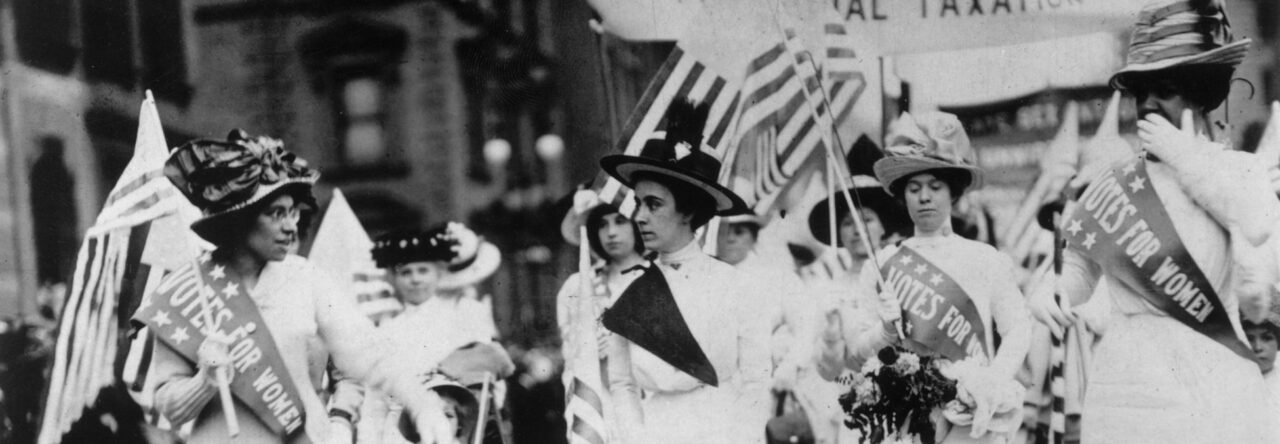On election eve in 1932, over the Columbia Broadcasting System, Socialist presidential candidate Norman Thomas made his final appeal to a crowd of eleven thousand socialists supporters on November 7, arguing that “neither of the old parties has any program for bringing us out of our misery and fear.” Scholars contest that Thomas’s campaign for massive federal aid for the unemployed and a drastic reorganization for the ailing economy was “more of a protest movement than an electoral race.” Thomas needed to convert the immense feeling of unease regarding American capitalism into votes for an alternative political party. Ultimately, it would come down to the quantity and aptitude of the Socialist vote, which Thomas believed had the power to alter to future of American politics. So the night before the election, Thomas promised his audience that “every vote will count.”
However, Thomas was wrong—every vote did not count. Thomas failed to foresee that hundreds of thousands of votes went uncounted on Election Day. In districts lacking voting machines, election officials often disregarded votes for third-party candidates. It was evident that a lack of Socialist Party poll-watchers directly resulted in untallied votes for Socialist candidates. A socialist poll-watcher in a south-side Chicago polling site observed the familiar occurrence when Democrats and Republicans chose not to count Socialist votes. When challenged, one poll-watcher said, “When you Socialists have no poll-watchers, we do the same to you. But since you’re here, we’ll split up the Communist vote among the three of us.”
With early precincts in, a New York Times story was headlined: “Thomas may get 1,500,000.” In hindsight, Thomas only received 900,000 votes. Had every vote been accounted for, estimates suggest Thomas could have reached 2,000,000—which was Thomas’s original campaign goal. With early returns on Election Day, Thomas said that 1,000,000 votes will be “moderately encouraged,” over 1,500,000 votes Socialists will be “decidingly encouraged,” but every vote over 2,000,000 will be “tremendous jubilation.” With the total votes cast for presidential candidates at nearly 40 million, Thomas deemed his hopes modest. Yet, he was realistic regarding his chances of winning the 1932 election, and though disappointed, he did not show it. “The fine young intellectual element which composes the nucleus of Socialism today and which will be indicated by the vote cast for me today,” Thomas said in his so-called victory statement on Election Day, “is the most hopeful factor in America.” Thomas ran for President as the Socialists Party’s candidate in every election between 1928 and 1948. He devoted his career to matching the impact he had in the 1932 election, yet was never nearly as successful. After Thomas’s presidential attempts, American Socialism began to slowly collapse. As a result, Thomas is remembered for being a tireless symbol of the American Left, advocating for unpopular causes such as civil rights, but also for presiding over the end of Socialism in America.


Leave a Reply
You must be logged in to post a comment.